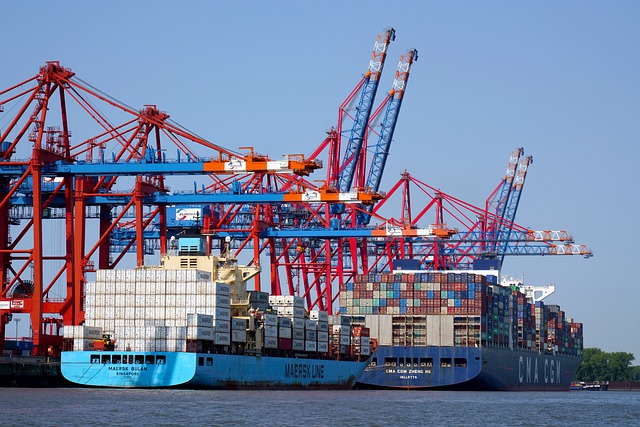Federal Government’s Infrastructure and Security Fund: N900bn Saved Over Nine Months
Between November 2023 and July 2024, the Federal Government of Nigeria has successfully saved a total of N900bn from its monthly revenue distributions, according to recent reports. This sum, which is part of the Federal Government’s efforts to support state infrastructure development and security, has been collected by deducting N100bn monthly from the gross revenue of the Federation.
The Federal Accounts Allocation Committee (FAAC) handles these deductions, setting aside the funds in a special account before distributing revenue to the federal, state, and local governments. Since the savings initiative commenced in November 2023, the government has consistently maintained this practice, accumulating a significant reserve over the nine-month period.
The Origins of the Fund
In July 2023, President Bola Tinubu approved the establishment of the **Infrastructure Support Fund (ISF)**. This initiative was designed as a relief measure following the removal of petrol subsidies. The fund aims to provide financial support to all 36 states in Nigeria, focusing on critical sectors such as:
Transportation (e.g., improving farm-to-market roads),
Agriculture (including livestock management and ranching solutions),
Healthcare (with emphasis on primary healthcare facilities),
Education (especially at the basic level), and
Power and Water Resources (to boost economic competitiveness and job creation).
The ISF seeks to address the infrastructure gaps across states, ensuring that the economic strain caused by subsidy removal translates into tangible improvements for citizens.
Strategic Savings and Economic Impact
As part of broader fiscal reforms, including the unification of exchange rates, the government resolved to save a portion of its monthly distributable revenues. This move aims to mitigate inflationary pressures and maintain stability in the exchange rate. The cumulative savings of N900bn are intended to support the long-term infrastructure needs of states while bolstering national security initiatives.
Additionally, the government has set aside N790bn as a complementary fund for the ISF, ensuring that the savings directly contribute to improving the lives and well-being of Nigerians. This amount is part of a broader strategy to optimise the effects of subsidy removal and alleviate its economic burden on citizens.
Future Allocation of Funds
Although the saving process has been consistent, there is still ambiguity surrounding how and when these funds will be allocated. As of now, no funds have been disbursed from the account, and further clarification on their use is anticipated in the coming months.
Moreover, since assuming office, the administration has accumulated N400bn as part of its savings plan, with significant contributions made in February and June 2024. Despite some missed savings months, the government remains committed to ensuring that these financial reserves are effectively utilised for the country’s infrastructural and security needs.
Conclusion
The Federal Government’s decision to save N100bn monthly reflects its commitment to long-term infrastructure development and security enhancement for the states. As the nation continues to adjust to the economic realities of subsidy removal, these savings offer a critical financial buffer that promises to spur growth and development across Nigeria.
The success of this initiative, however, hinges on how efficiently the funds will be allocated and utilised. Citizens and stakeholders alike await further details on the next steps for these substantial savings and how they will contribute to tangible improvements in infrastructure and living standards.
This rewritten version uses British English and has been rephrased to avoid plagiarism while ensuring clarity and readability.
Source: punchng


